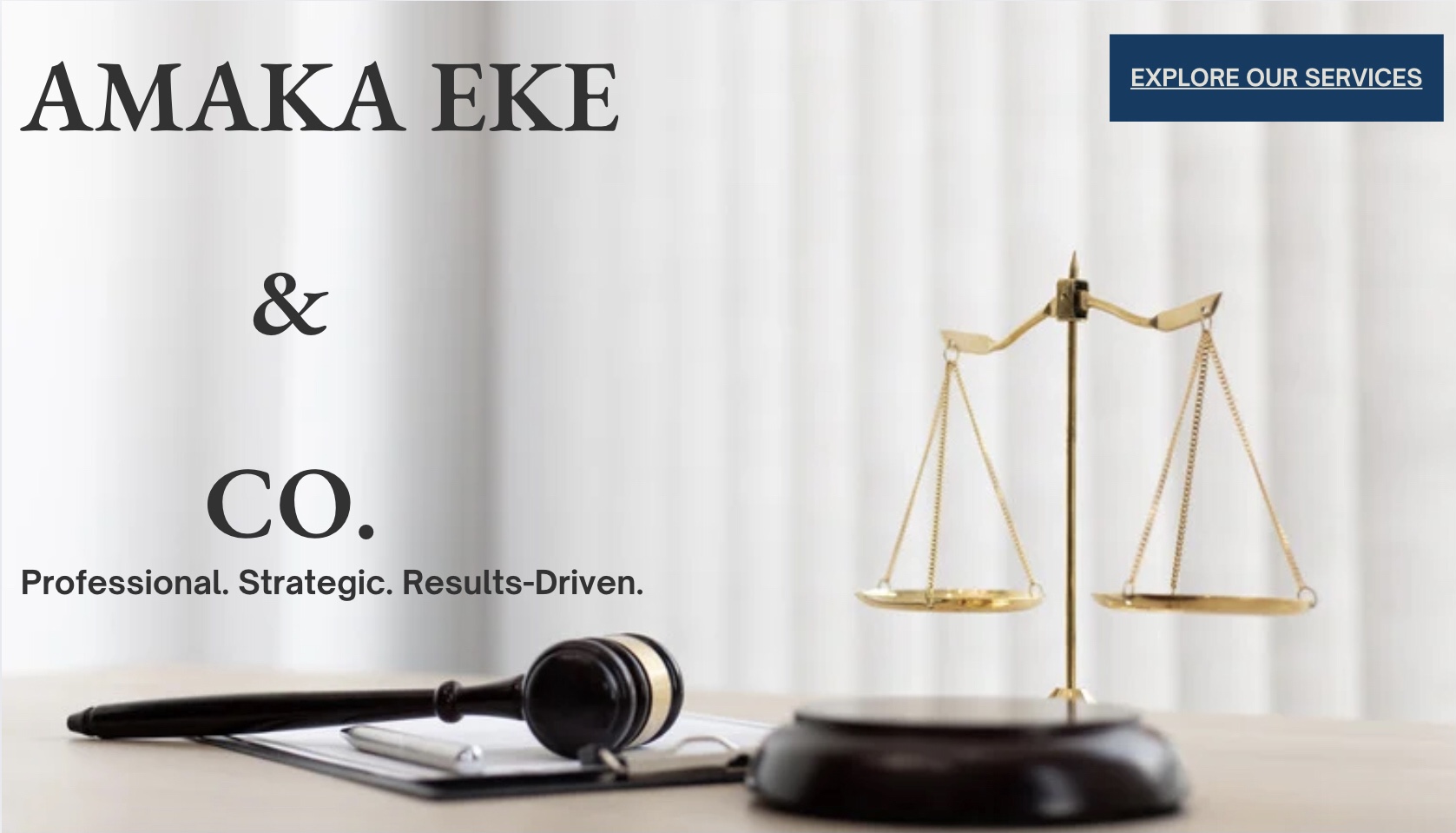Claims for solicitor’s fees—legal fees incurred by a party during litigation—have historically been met with skepticism by Nigerian courts. For years, solicitor’s fees were viewed as personal contractual obligations, not to be transferred to the losing party. However, recent decisions, including the 2022 Court of Appeal judgment in UBA Plc v. Omodon, indicate a progressive evolution in the law.
This post reviews the legal framework, the traditional position, and the emerging willingness of courts to grant such claims when properly justified.
Traditional Judicial Attitude: A Conservative Stance
Historically, Nigerian courts were reluctant to award solicitor’s fees. In Guinness Nigeria Plc v. Nwoke (2000) 15 NWLR (Pt. 689) 135, the Court of Appeal held that:
“It is unethical and an affront to public policy to pass on the burden of solicitor’s fees to the other party in litigation under the guise of special damages.”
This position was restated in Asuquo v. Access Bank (2022) LPELR-57919(CA), where the court emphasized that solicitor’s fees are unusual, difficult to accept, and must be treated as special damages requiring strict pleading and proof.
The Emerging Position: Courts May Grant Solicitor’s Fees When Justified
In a marked shift from earlier authorities, the Court of Appeal in UBA Plc v. Omodon (2022) LPELR-59133(CA) upheld an award of ₦170,000 in solicitor’s fees, where the claimant:
• Proved that the defendant’s breach led to prolonged litigation;
• Presented documentary evidence of payment to his solicitor (Exhibit C1h); and
• Pleaded the claim as a specific item of loss arising from the defendant’s inaction.
Justice Jimi Olukayode Bada, JCA, noted:
“Our law has moved from Guinness Nigeria Plc v. Nwoke… to a more dynamic posture… where such claims are granted if properly pleaded and proved.”
This shows that Nigerian courts are increasingly willing to recognize solicitor’s fees as recoverable, especially in long-standing matters where legal representation was necessary and the opposing party caused or prolonged the litigation.
Equitable Considerations: Who Caused the Litigation?
Another compelling argument is that a litigant should not be made to bear the cost of legal services necessitated by the wrongful conduct or inaction of the other party.
Where a party is forced into litigation to enforce their rights, and where the opposing party ignored pre-action warnings or failed in their duty of care (as in UBA v. Omodon), solicitor’s fees—if reasonable and proved—may be seen as part of the consequential losses.
Nevertheless, the burden remains on the claimant to establish a direct link, plead the fees clearly, and support them with receipts, agreements, or invoices.
Summary of Conditions for Granting Solicitor’s Fees
To succeed in recovering solicitor’s fees, the claimant must show:
1. Proper Pleading: The fee must be stated as a head of special damages.
2. Specificity: The amount, basis, and purpose of the fee must be clear.
3. Documentary Evidence: Invoices, payment receipts, or engagement letters must be provided.
4. Reasonableness: The amount must not be exaggerated or punitive.
5. Causal Link: It must be shown that the legal expense was a direct consequence of the opposing party’s conduct.
Conclusion: A Shift Toward Judicial Pragmatism
While earlier decisions strictly opposed the recovery of solicitor’s fees, cases like UBA v. Omodon, Ajibola v. Anisere, and Lonestar Drilling v. New Genesis reflect a modern trend toward judicial pragmatism. The key, however, remains in how the claim is presented.
Disclaimer
This article is intended for general information only and does not constitute legal advice. Please consult a qualified legal practitioner for advice specific to your case.

Leave a Reply